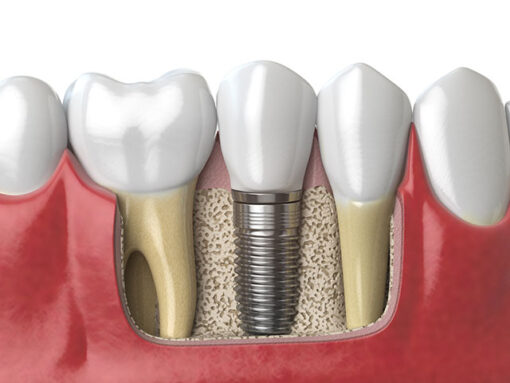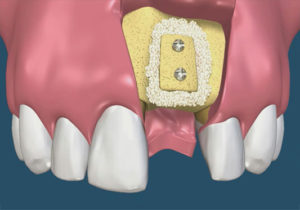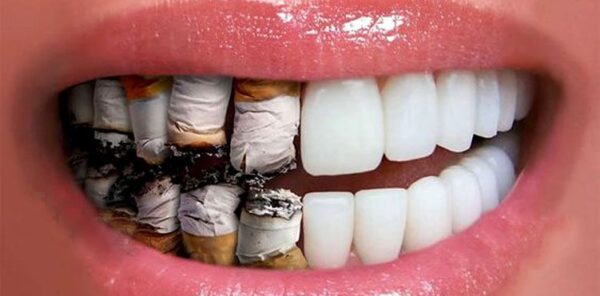Osteoporosis is a condition that affects millions of people and can cause significant problems with oral health. Osteoporosis causes bones to become weak and brittle, leading to an increased risk of fractures, including in the jawbones and teeth. While there is no cure for it Osteoporosis, there are a few things you can do to help reduce your risk. This article will give you a better understanding of how osteoporosis affects your dental health and what you can do to stay healthy. You’ll learn about different treatments and preventive measures that can help keep your teeth and gums healthy despite living with bone weakness.
What is osteoporosis?
Osteoporosis is a condition that leads to a decrease in bone strength and an increased risk of fractures. As we age, our bones naturally weaken, but osteoporosis occurs when the process happens at a much faster rate. People with osteoporosis are at a high risk of fractures and breaks in the bones, especially in the spine, wrists, and hips.

However, osteoporosis can also have a significant impact on oral health. We recommend getting your oral health checked regularly if you’ve been diagnosed with osteoporosis, as your dentist can help monitor your condition and catch issues before they become major problems.
How does osteoporosis affect oral health?
As your bones become weaker, they become more susceptible to breaks, fractures, and dental injuries. Unfortunately, weakened bones also increase your risk of dental issues, including tooth loss and gum disease. Dental injuries caused by osteoporosis can range from minor to more serious issues. While some dental injuries may be easy to treat, others may require surgery or dental implants.
When it comes to dental injuries caused by osteoporosis, the most common ones are: – Tooth fractures or breakages This is a common dental injury that can occur when your gums are inflamed or have been surgically removed. Tooth loss Gum disease is a common cause of tooth loss in people with weak bone health. Dentures and other dental implants may become loose or even fall out.
Osteoporosis diagnosis and treatments
If you’ve been diagnosed with osteoporosis, it’s important to monitor your oral health closely and follow your dentist’s advice for the treatment and preventive care. Oftentimes, the treatments for osteoporosis will also affect your oral health. While osteoporosis is a lifelong condition, there are some treatments available that can help slow the progression of the disease and reduce your risk of fractures.

Medication – While there are currently no medications that can strengthen your bones, there are some that can slow the progression of the disease and reduce the risk of fractures. Your doctor may recommend medications, such as bisphosphonates and raloxifene, to help treat your osteoporosis and reduce your risk of fractures.
Exercise – Exercising regularly can help strengthen your bones, especially weight-bearing exercises like hiking or jogging.
Preventive measures to protect your oral health
As you’ve learned, bone loss can put your oral health at risk. To protect your dental health and reduce the risk of tooth loss and other dental issues, it’s important to follow these oral health tips:
Quit smoking – Smoking negatively affects your oral health, and it can also increase your risk of fractures.
Get regular dental check-ups – Since people with osteoporosis are at a higher risk of dental injuries, it’s especially important to get regular check-ups.
Stay hydrated – Drinking plenty of water each day is important for your oral health. Water can help prevent tooth decay and gum disease.
Practice good nutrition – Eating a balanced diet rich in calcium, vitamin D, and minerals can help keep your bones healthy and strong.
Tips for managing your oral health with osteoporosis
Women with osteoporosis tend to have fewer teeth than women with normal bone density. Getting the right amount of calcium in your diet and taking the recommended amount of Vitamin D as a supplement are important for both your bones and oral health.
✪ Increasing your Calcium intake.
✦ Increasing your Vitamin D intake.
✪ Avoid smoking.
✦ Control your sugar intake.
✪ Take good care of your dental health.
✦Visit your dentist on a regular basis.
✪ Eat a healthy diet.
✦ Use fluoride toothpaste.
Conclusion
Osteoporosis is a condition that affects millions of people and can cause significant problems with oral health. Luckily, there are a few things you can do to help reduce your risk of dental injuries. This article will give you a better understanding of how osteoporosis affects your oral health, and what steps you can take to protect your teeth and gums.






